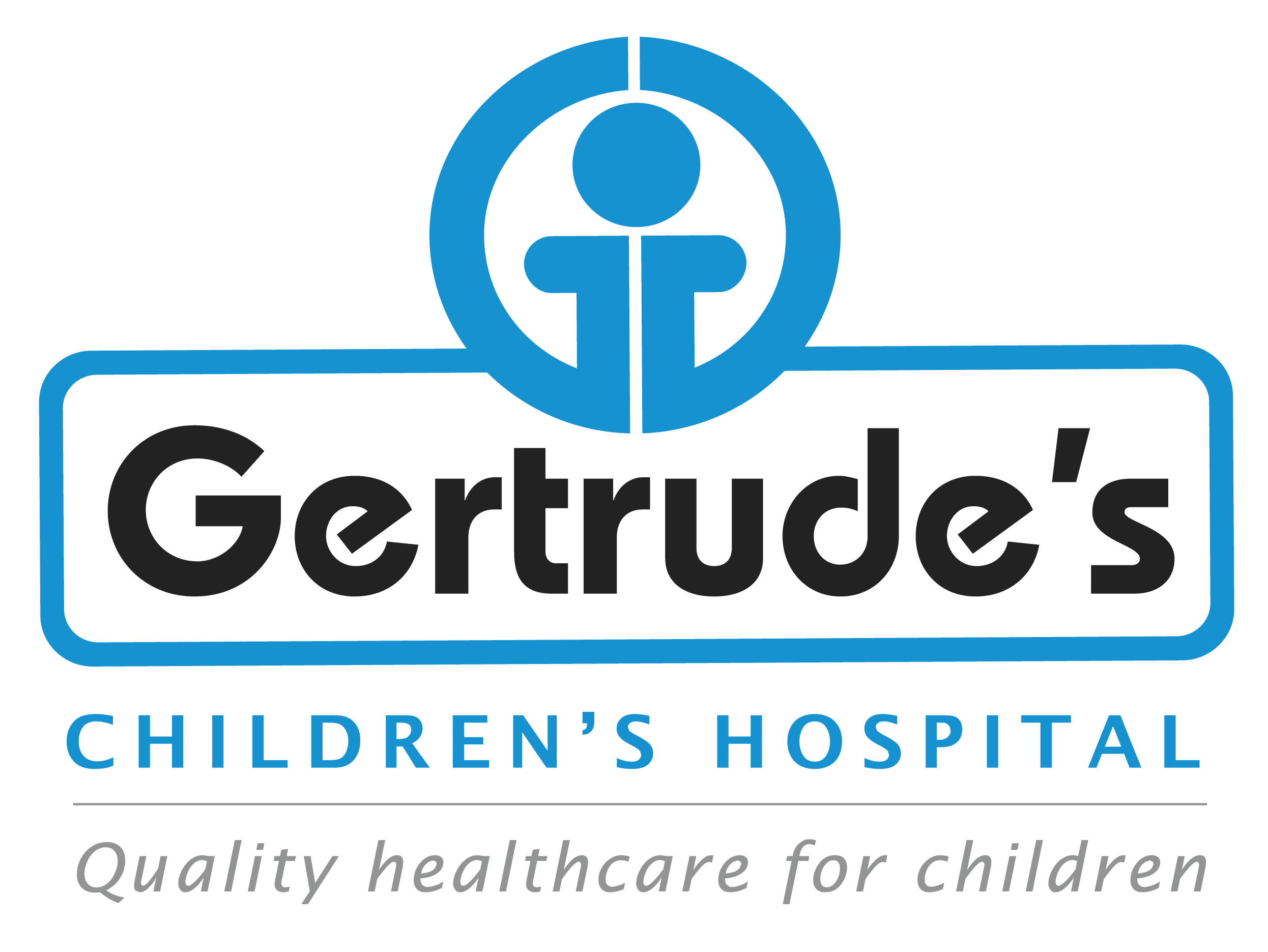A liver abscess is a collection of pus that forms in the liver due to an infection. The liver is a vital organ that plays a crucial role in filtering blood, producing bile, and aiding digestion. When an infection occurs, the body’s immune response may lead to the formation of a pocket of pus, known as an abscess, in the liver. In children, liver abscesses are relatively rare but can be serious if not treated promptly. Understanding the symptoms, causes, and treatment options is essential for ensuring the health and well-being of your child.
Symptoms
- Fever: The child may have a high temperature.
- Chills and Night Sweats: The child might experience shivering and sweating at night.
- General Malaise: This is a general feeling of being unwell or uncomfortable.
- Fatigue: The child may feel extremely tired and weak.
- Nausea: There could be a sensation of wanting to vomit.
- Abdominal Pain: Specifically, pain in the upper right side of the abdomen, where the liver is located, might be present.
- Tenderness in the Upper Right Abdomen: The area may feel sore when touched.
- Enlarged Liver (Hepatomegaly): The liver might be swollen or enlarged.
Causes
- Bacterial Infections:
- The most common cause of liver abscesses is a bacterial infection that travels from another part of the body to the liver. This can happen due to conditions like appendicitis, diverticulitis, or an infection in the bile ducts.
- Parasitic Infections:
- In some regions, liver abscesses may result from parasitic infections, such as amoebiasis, caused by the parasite Entamoeba histolytica.
- Trauma:
- Injury to the liver, such as from an accident, can introduce bacteria and lead to an abscess.
- Weakened Immune System:
- Children with weakened immune systems, whether due to illness or medication, are more susceptible to infections that can lead to liver abscesses.
- Congenital Abnormalities:
- Some children are born with abnormalities in the bile ducts or liver that make them more prone to infections and abscess formation.
Diagnosis
- Medical History and Physical Examination: The doctor will review your child’s symptoms, medical history, and perform a physical examination, focusing on the abdomen to check for tenderness or an enlarged liver.
- Blood Tests: Blood tests can reveal signs of infection, such as elevated white blood cell count, and help identify the specific bacteria or parasite causing the infection.
- Imaging Tests: Ultrasound is commonly used to visualize the liver and detect the presence of an abscess. In some cases, a CT scan or MRI may be recommended for a more detailed view.
- Aspiration and Culture: If an abscess is found, the doctor may use a needle to draw a sample of the pus from the abscess. This sample can be cultured to identify the bacteria or parasite responsible for the infection.
Treatment Options
- Antibiotic Therapy:
- The primary treatment for bacterial liver abscesses is antibiotics. The type of antibiotic prescribed will depend on the specific bacteria identified in the culture.
- Initially, doctors often start with broad-spectrum antibiotics that can target a wide range of bacteria, then narrow down the treatment once they know exactly what they’re dealing with.
- Drainage:
- This is typically done using a needle that’s guided by ultrasound or CT scans.
- In some cases, particularly when there are multiple or very large abscesses, open surgery may be necessary.
- Some doctors may insert a drain that remains in place until the abscess shrinks, while others may perform one or more needle aspirations to remove the fluid.
- Supportive Care:
- In addition to antibiotics and drainage, your child may need supportive care, including fluids, pain relief, and nutritional support, to help them recover.
- Follow-up Care:
- Regular follow-up visits with the doctor are essential to monitor your child’s recovery and ensure that the infection has been completely cleared.
Why Choose Us
Expert team
Our pediatric specialists have extensive experience in treating children.
Personalized care
We create treatment plans that fit each child’s unique needs
Support and education
We teach children and families how to care for them and prevent future cases
Advanced treatments
Access to the latest treatments and products
Contact
Please feel free to contact us with any general or medical enquiry by calling us.





